Tomorrow, June 1st, marks the official start of summer in the UK. The weather for a change is behaving itself and #JurassicJune is trending on social media. Everything Dinosaur is expecting stock of Beasts of the Mesozoic Wave 1 ceratopsians and more Beasts of the Mesozoic “raptors” to be delivered to their warehouse along with more Rebor figures and possibly some new PNSO models too.
It is going to be a busy few weeks for team members, but perhaps there will be a little time to plan some fossil collecting expeditions. COVID-19 restrictions in England could be revised with some restrictions being lifted in June. This could permit group fossil hunting trips.
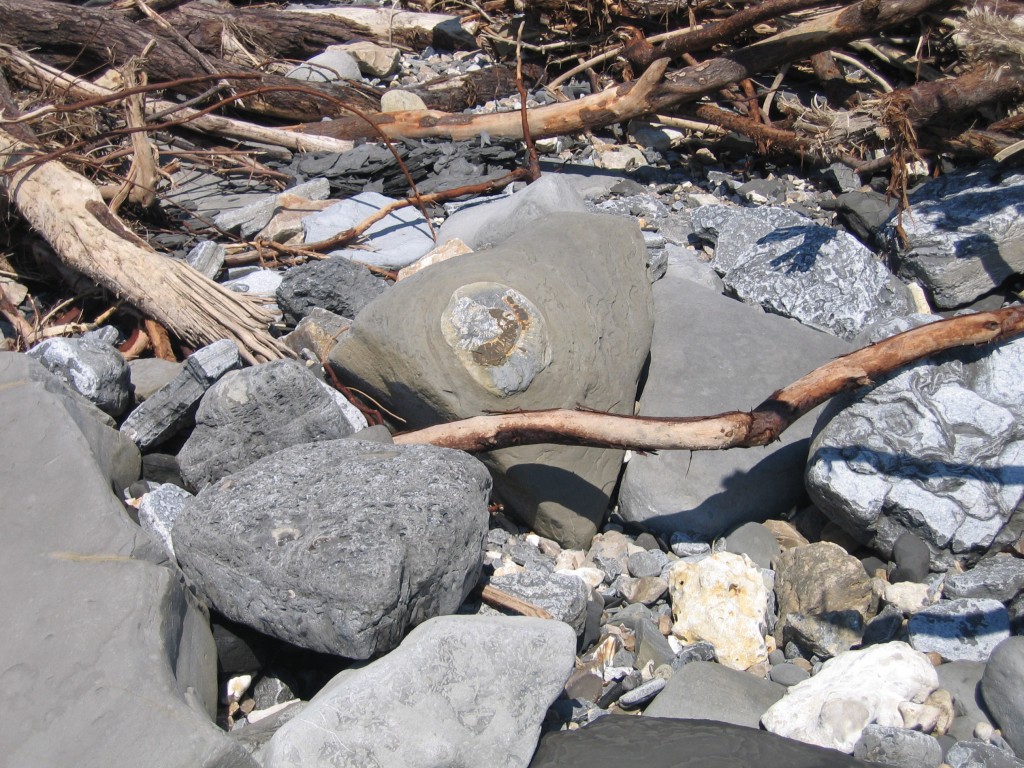
Picture credit: Everything Dinosaur
Fossil Hunting Trips – Some Safety Tips
If you are planning to visit the coast and to do some fossil hunting, here are some safety tips:
- Always stay away from the cliffs, rock falls can be common.
- Do not climb on the cliffs or any recent landslips/mudflows.
- Tell a responsible person where you are going and when you will return.
- Have a mobile phone handy in case of emergencies.
- Beware of the threat of landslides, especially after the recent heavy rain.
- Note the tide times particularly high tide and take the advice of the local coastguard etc.
- Aim to collect fossils on a falling tide, be aware of the incoming tide especially around headlands where you could easily get cut off and stranded.
- In rough weather, be aware of strong winds and high waves and the fact that the footing underneath might be slippery.
- Wear suitable clothing and shoes, sunscreen might prove very sensible too.
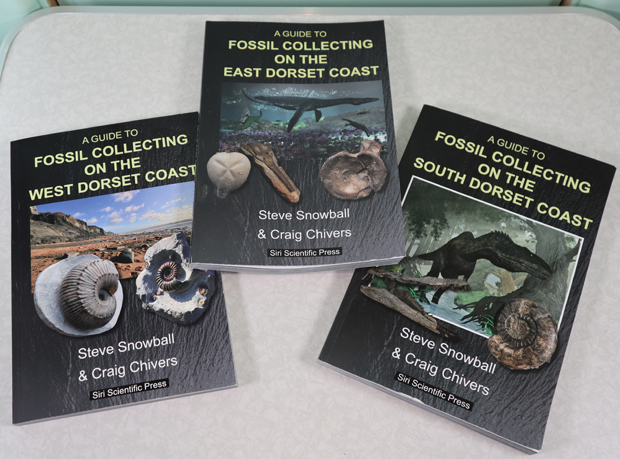
Picture credit: Everything Dinosaur
If you are looking to acquire some books about fossil hunting, then check out the range of publications from Siri Scientific Press: Books About Fossils and Fossil Hunting.
Some Advice When Collecting Fossils
- Do not collect or hammer into the cliffs, rocky ledges or other geological features.
- The best and safest place to find fossils is on the beach where the sea has washed away soft clay and mud – let nature do some work for you.
- Take a fossil hunting guide with you, such as one of the books in the photograph (above).
- Keep collecting to a minimum, don’t be greedy, perhaps select a few specimens at the end of the session to take home.
- Avoid removing “in situ” material be content with a photograph, leave the fossils where they are for someone else to enjoy.
- Do not collect from buildings or walls. Take care not to undermine fences, bridges stone walls etc.
- Take your litter and other rubbish home with you.
- Observe all notices and signs, some land is privately owned and fossil collecting is not permitted without prior approval.
With the start of official summer time here in the UK, there are going to be a lot of people planning trips to the seaside and perhaps they will go on a fossil hunt or two. Hopefully, these tips will help them to keep safe and allow the hobby of fossil collecting to continue without causing harm to others or the environment.
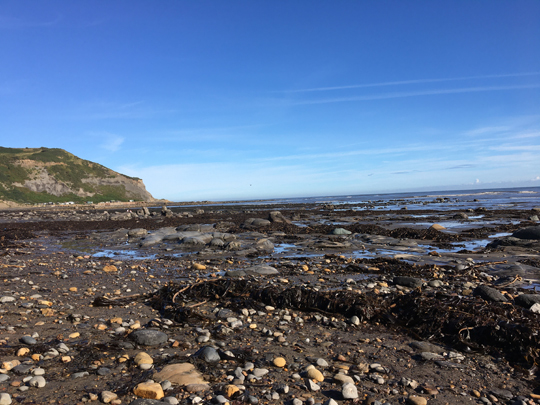
A visit to the North Yorkshire coast on fossil collecting expedition. Picture credit: Everything Dinosaur.
Picture credit: Everything Dinosaur
Visit the award-winning Everything Dinosaur website: Prehistoric Animal Models and Toys.





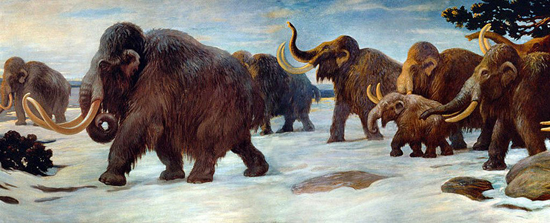
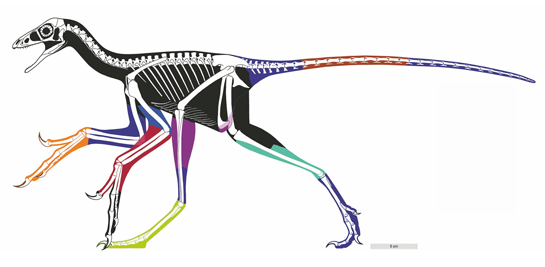
Leave A Comment